
Transitioning from military life to a career in infrastructure
To mark Armed Forces Day (24 June), two ex-service personnel speak to CIOB People about their route into the industry and how transferable skills have helped them to thrive in civilian careers
As the infrastructure sector grapples with the growing skills gap, ex-service personnel represent a vital pool of talent for construction and engineering companies.
Tapping into this group of potential candidates is high on the agenda for engineering consultancy Aecom. Last year, the business renewed its commitment to assist ex-service personnel returning to civilian life through workplace support and opportunities.
As part of the Armed Forces Corporate Covenant, Aecom has pledged to actively recruit ex-service personnel, support reservists by providing generous leave to undertake duties, and support military charities.
Darren Carlile, head of national security UK and Ireland at Aecom, is a vocal champion for the recruitment of ex-service personnel into the business.

Carlile left the Corps of Royal Engineers – the British Army’s military engineers – 14 years ago, directly after an operational tour of Afghanistan. He initially transitioned to working for a local authority – a move which he refers to as “quite a challenge”.
He describes the difficulty of moving from the Armed Forces where the focus was on “getting the job done because people’s lives were on the line” to a “no can do” working culture.
“My transition has not been straightforward – it was slightly bumpy at the start because I had to learn to adapt my style of doing things with different design teams, with clients, and with different stakeholders. That has developed over quite a few years [through experience] in various organisations,” Carlile explains.

My transition has not been straightforward – it was slightly bumpy at the start because I had to learn to adapt my style of doing things
“Joining Aecom eight years ago as a senior project manager to now being a senior director has given me the opportunity to continue learning as I’ve progressed through the business.”
James Willis, MCIOB and associate project manager at Aecom, agrees that moving into a "civilian role" after a career in the Armed Forces demands a “steep learning curve”.
“However, my transition has been really good because there is a great onboarding process,” he says. “You are given an onboarding buddy for the first three months, and you are also assigned a mentor which is helpful.
“After joining the industry, it took time to get used to all of these new processes. It can be confusing at times, but there is lots of support available.”
Inclusive team
Carlile points out that support from senior leadership within the business is critical to successfully recruiting and retaining staff from the Armed Forces.
“You need somebody in a leadership position who understands those transferable skills and can reinforce the benefits and cascade that down through the business,” he says, adding that this helps to dispel some of the misconceptions about ex-service personnel.
“It is important they understand that not everyone who is ex-military was previously driving around in tanks or shooting guns. In fact, they might come from HR or finance, for example. All aspects of military life are relevant to industry, so there are huge benefits.
“It can also be useful to have a champion or ambassador to help drive awareness that these people have something to offer at all levels within the business.”
He notes that Aecom’s chief executive, Colin Wood, is a former RAF Wing Commander, so has a strong understanding of the military ethos and culture.
“The senior leadership team really understands the benefits of ex-military coming into the business. They have a lot of transferable skills, particularly from the Royal Engineers who have those specific technical skills that we look for,” he says.
Carlile insists that while there is a “bit of an adjustment” period, most ex-service personnel display significant “drive and attention to detail, and strong relationship building skills”, which is particularly beneficial for defence projects.
“Ex-military people, who understand the requirements and understand the stakeholders, can offer significant expertise across our project teams, which is key for our clients. It allows us to lean in as a more supportive service provider, as opposed to just being a contractual service provider,” he says.

Know your worth
While the benefits for the business are clear, Willis admits that candidates with a military background often fail to recognise the transferable skills they can offer.
“A lot of the set values and standards that they develop during their military career are the things that will make them a reliable employee. Some of these things – the natural leadership skills and the level of professionalism, for example – you just can’t teach,” he says.

A lot of the set values and standards that they develop during their military career are the things that will make them a reliable employee
Carlile adds: “Most ex-military candidates demonstrate these skills without even thinking about it. It’s intuitive for us to challenge or ask questions and have the courage to speak up or have those difficult conversations.
"If we are writing a CV, we probably wouldn’t automatically list these attributes because we just do it. Whereas a civilian CV would list them in detail.
“The discipline, the high standards, accountability and responsibility are central to life in the military, and that shapes who you are in your civilian career.”
Willis, who now mentors other people transferring from the Armed Forces into the industry, is committed to sharing his experience and helping to make the transition to “civvy street” less daunting.
He says that candidates at the start of this journey should consider whether they want to take the consultancy or contractor route into the industry, as well as having a clear understanding of salary expectations and the level of responsibility they want to pursue.
Carlile agrees, adding that ex-military candidates also need to know their worth and be comfortable articulating the value they can bring to a business.
“They often undersell themselves because they are entering a new industry and a project management environment,” he says. “It is important to remind them that they have those transferable skills and can make a huge difference within the industry.”
Comments
Comments are closed.


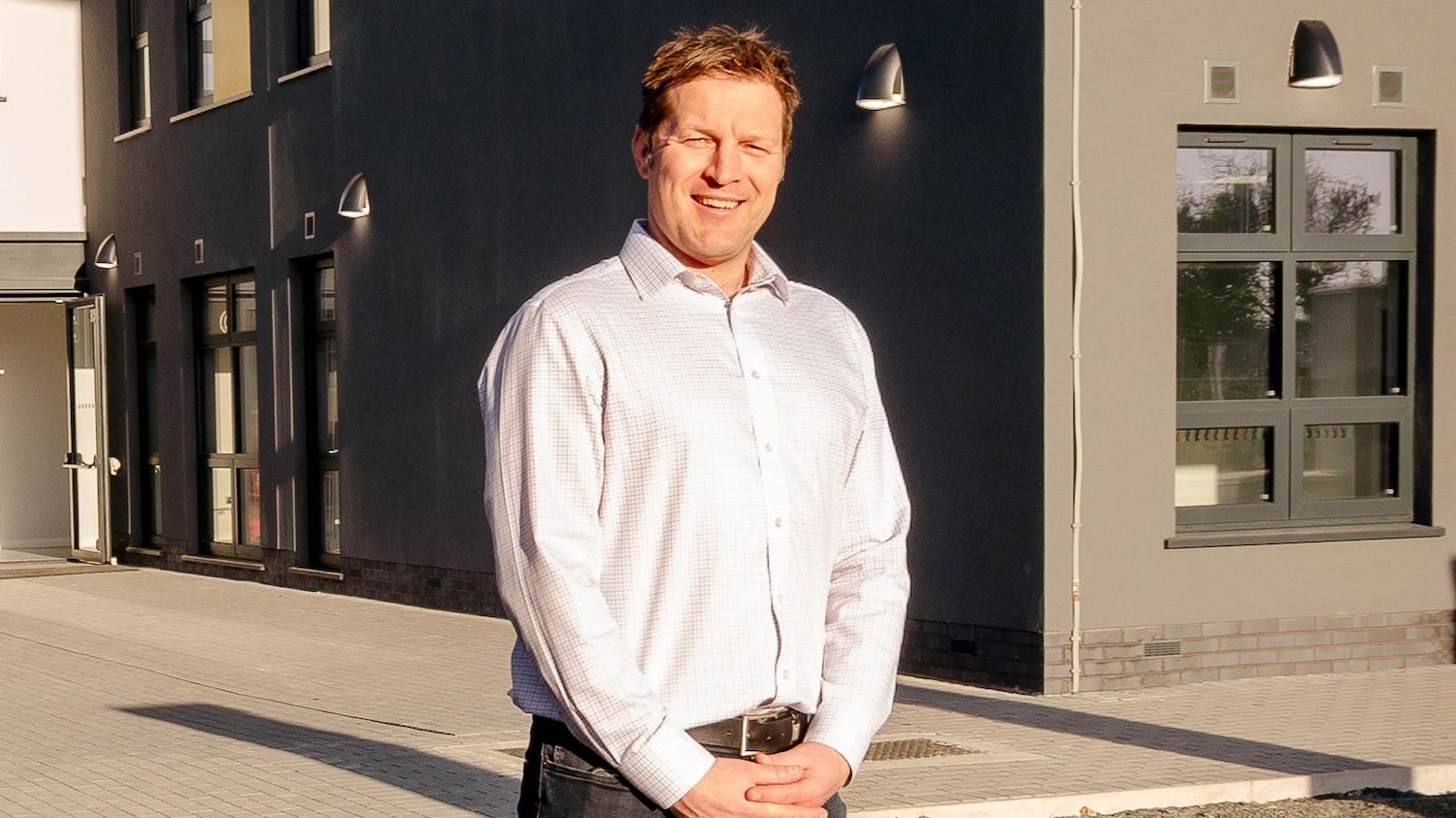
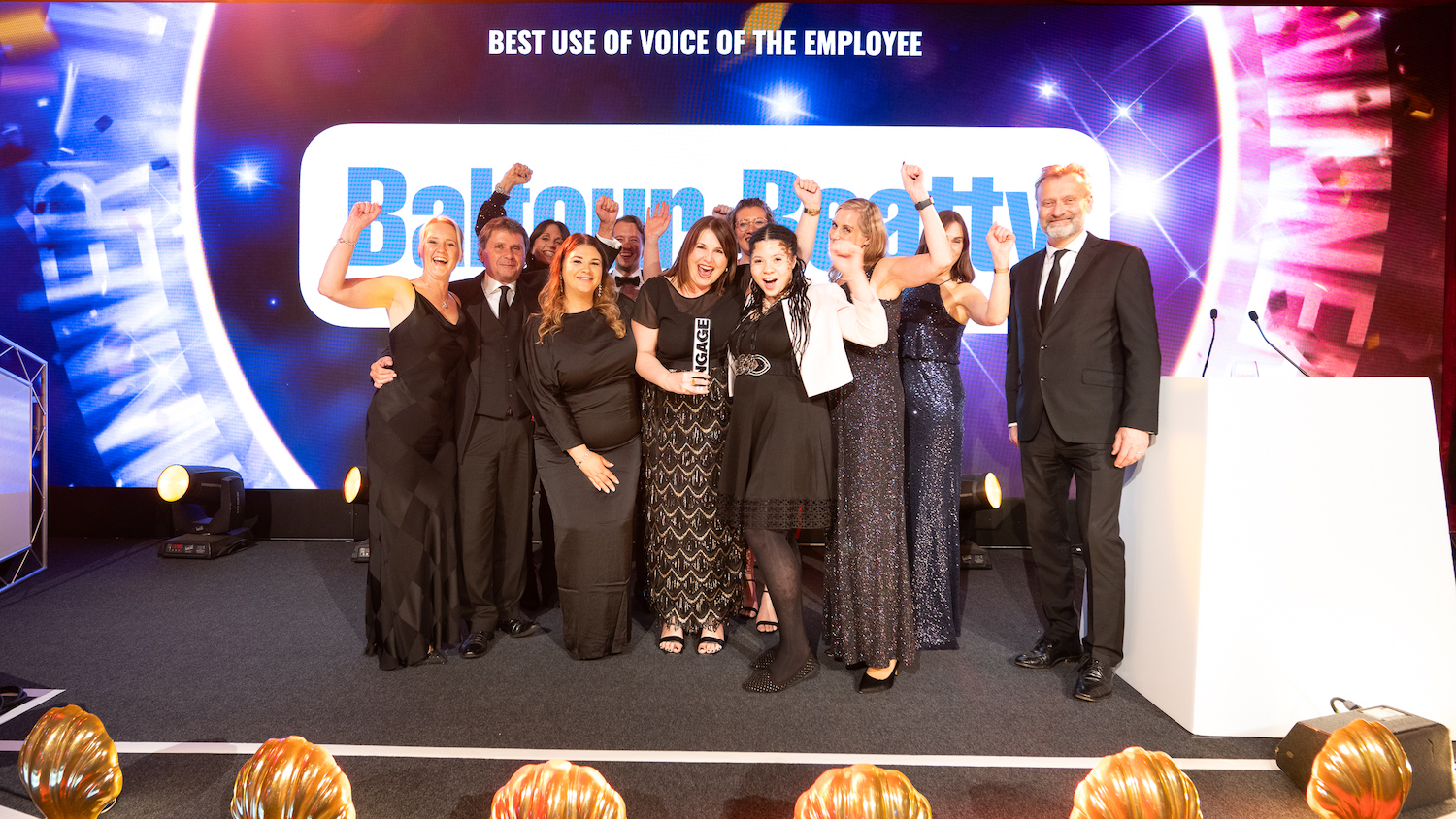
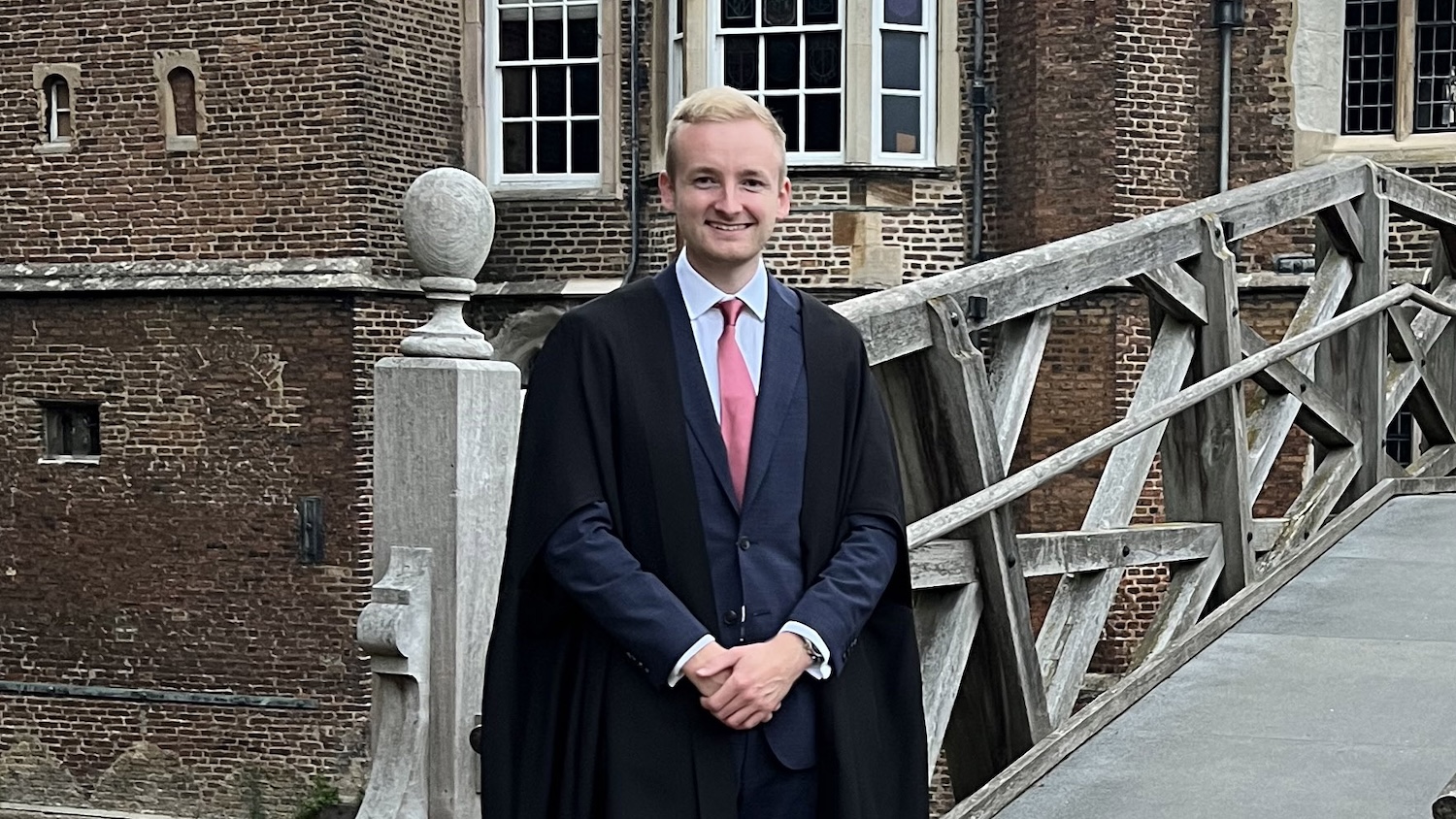

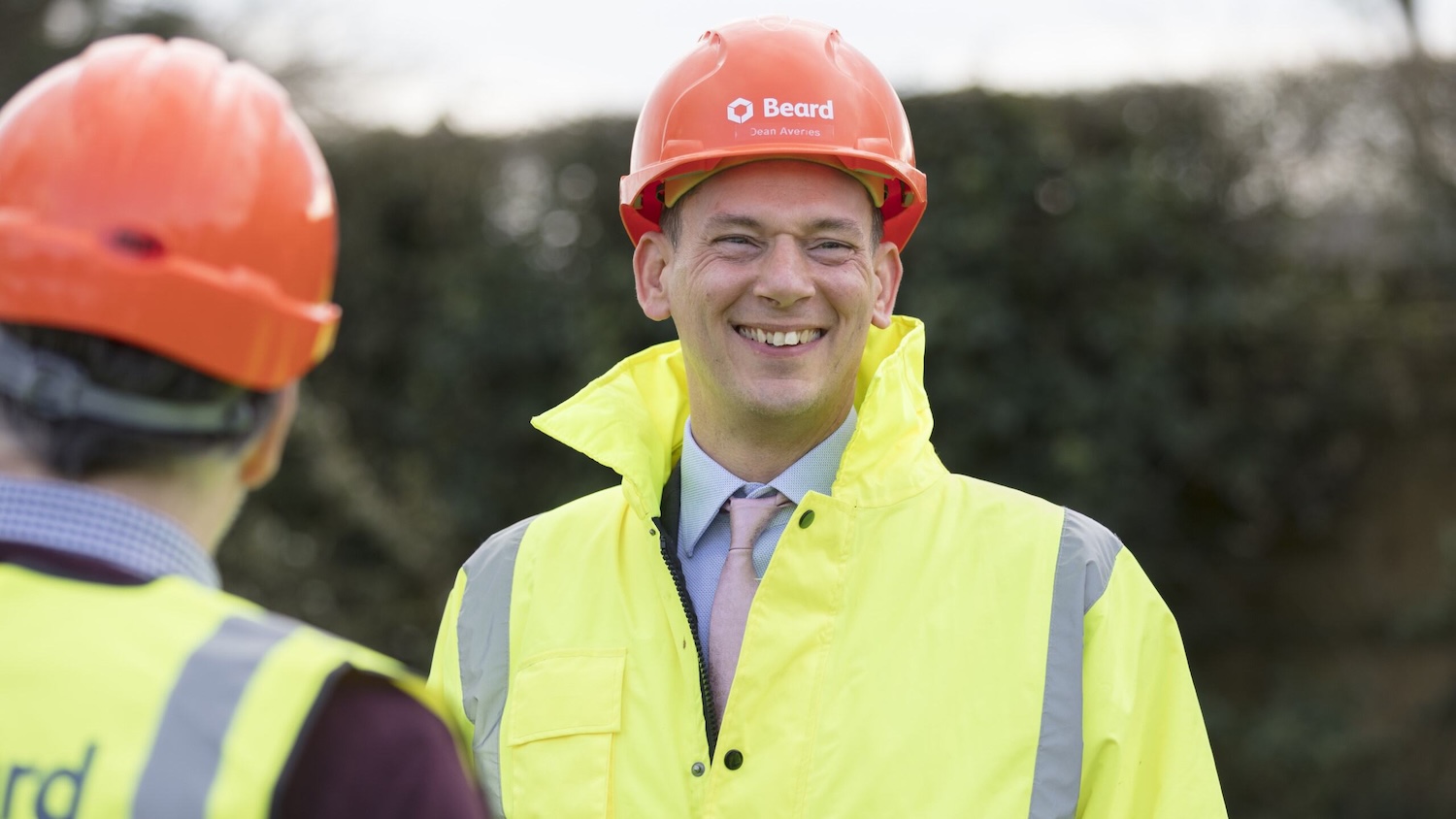
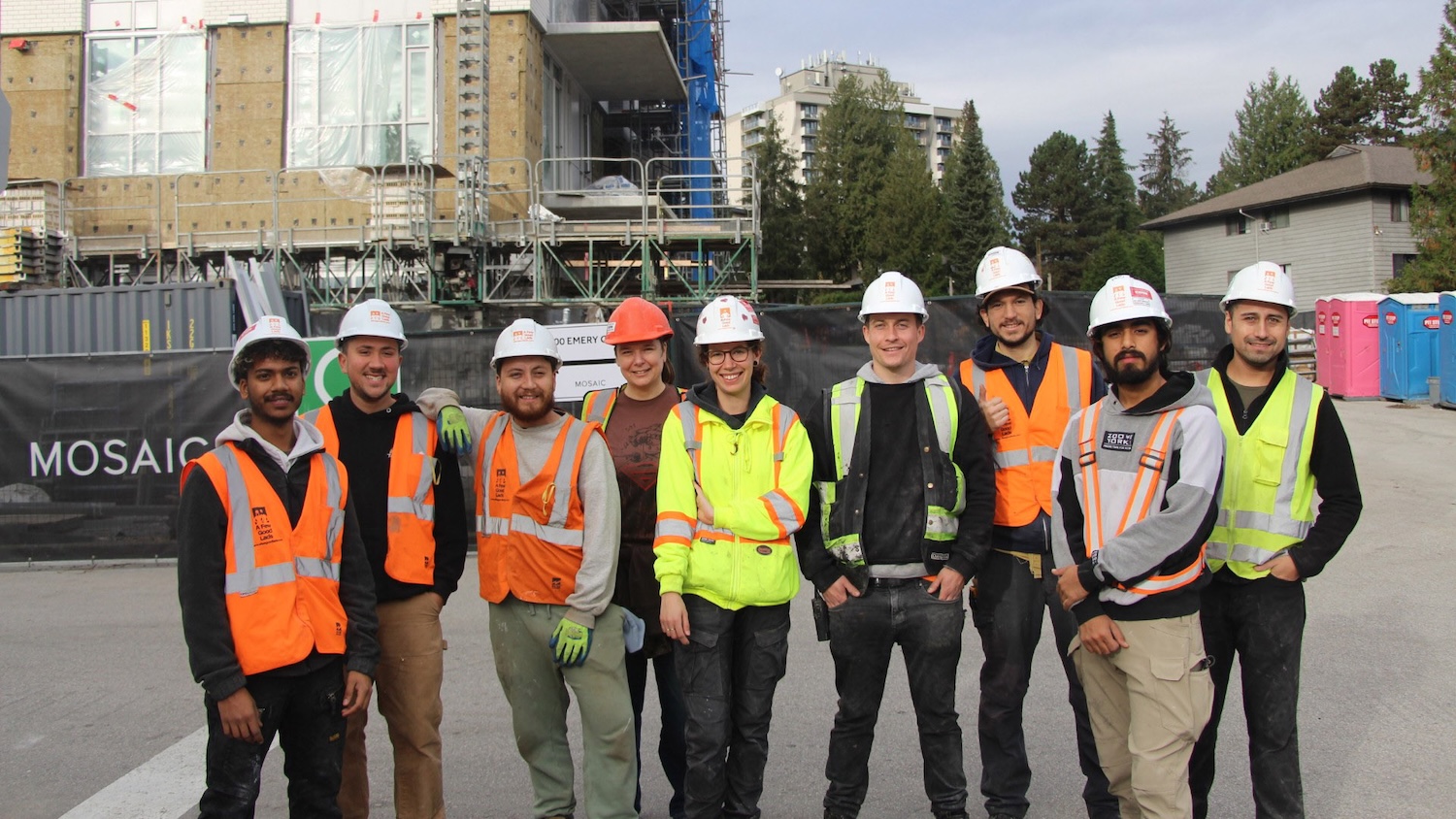
They should use their Enhance Learning Credits before they leave (Royal Engineers) most have access to Gold or Black CSCS Cards.